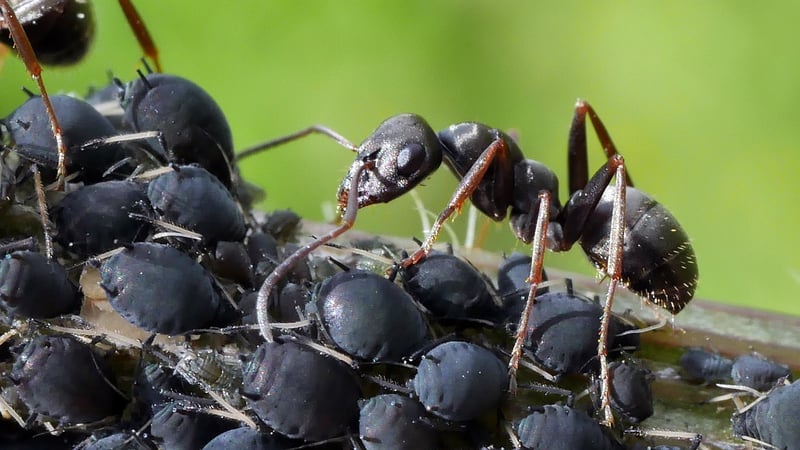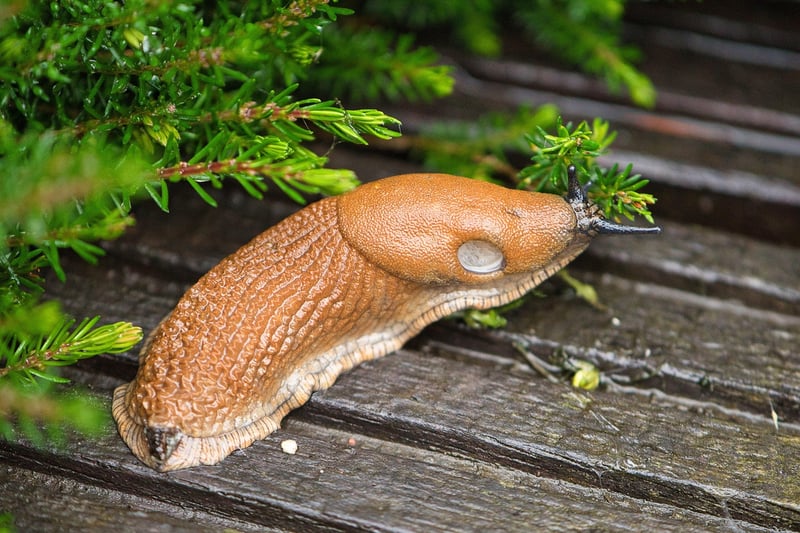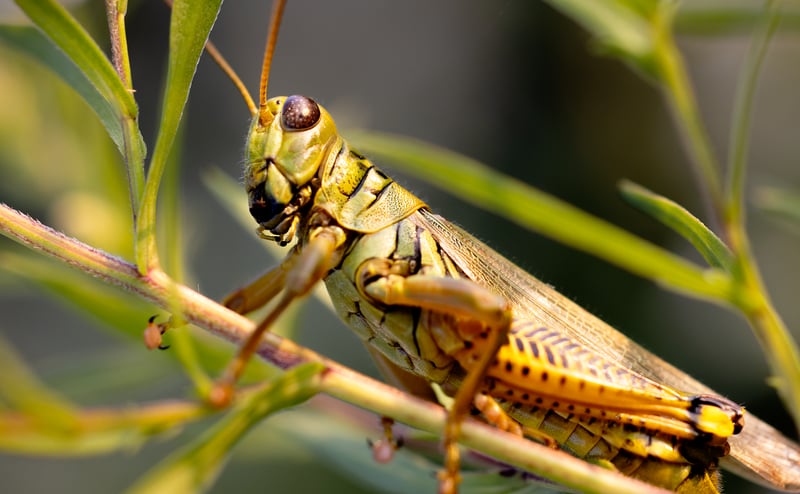Common Pests
Maintaining Healthy Plants and Dealing with Common Pests
Having a green thumb is a rewarding experience, but it comes with its challenges. To keep your plants thriving, it's essential to understand how to maintain their health and tackle common pests that may threaten your garden. Here are some tips to help you achieve a flourishing garden:
1. Choose the Right Plants
Start by selecting plants that are well-suited to your local climate and soil conditions. Healthy plants are more resistant to pests and diseases, so choose varieties that thrive in your area.
2. Provide Proper Care
Ensure your plants receive adequate sunlight, water, and nutrients. Over or under-watering can stress plants, making them more susceptible to pests. Regularly check for any signs of nutrient deficiencies and address them promptly.
3. Monitor Your Garden
Regularly inspect your plants for any changes in growth, color, or signs of pest infestations. Early detection can help prevent pests from spreading and causing significant damage to your garden.
4. Implement Natural Pest Control Methods
Consider using natural pest control methods such as introducing beneficial insects, using neem oil or insecticidal soap, and practicing companion planting. These methods can help keep common pests at bay without harming beneficial insects.
5. Dealing with Common Pests
Here are some common garden pests and how to deal with them:
A. Aphids
Aphids can be controlled by spraying plants with a strong stream of water, introducing ladybugs, or using insecticidal soap.

B. Slugs and Snails
Set up beer traps, sprinkle diatomaceous earth, or handpick slugs and snails to keep them from damaging your plants.

C. Whiteflies
Use yellow sticky traps, introduce natural predators like parasitic wasps, or apply neem oil to control whiteflies infestations.

By following these tips and staying vigilant in your garden, you can maintain healthy plants and effectively manage common pests, ensuring a beautiful and thriving garden for years to come.
